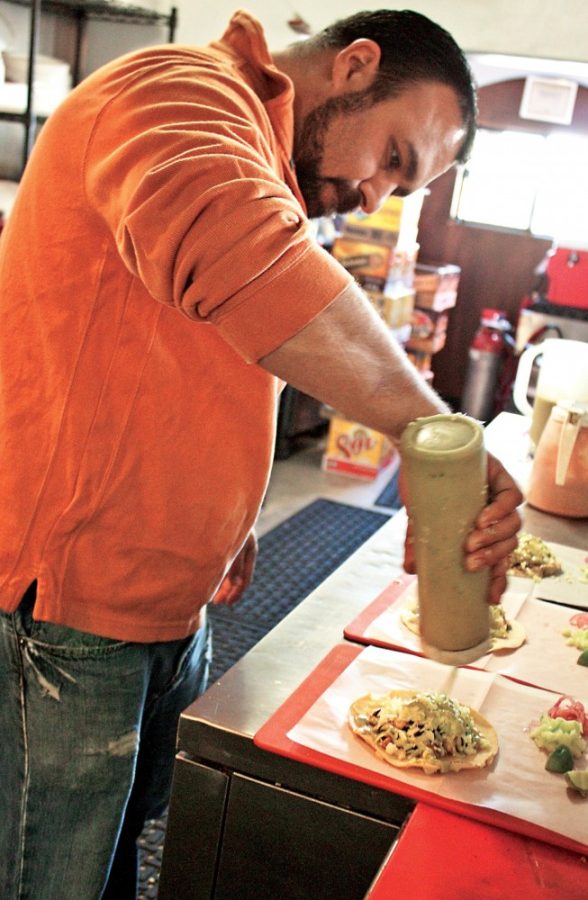UA-area eatery, Boca Tacos and Tequila, had a one-time lion taco special planned for around a week, drawing the ire of animal activists, spurring controversy, and to some, highlighting hypocrisy.
“”Due to concern for safety of our families, customers, vendors, and friends we will not be selling African Lion Tacos on Feb. 16th, 2011. We will continue to bring unique and creative menu items, but not at the expense of safety,”” said Brian Mazon, owner of the restaurant, via Facebook.
Mazon said to media sources that around two dozen direct threats and hundreds more, delivered over telephone or online, drove the taco shop to cancel the Feb. 16 lion meat exotic taco day. With around 100 pre-orders for the tacos, Mazon has yet to announce what will replace lion meat tacos on the menu, but offered full refunds to all patrons.
Some students believe that the outrage might have the right spirit, but that the outrage should encompass more than just exotic fare.
“”While public concern regarding the sale of lion meat is certainly an appropriate reaction, it is important to equate this issue with our meat consumption in general,”” wrote Molly Lansdowne, president of the UA’s Students Organized for Animal Rights, in an email.
Boca’s Facebook page offered several outcries against the restaurant: first for serving the tacos, then for using the animals to drum up publicity, and finally apologizing for threats against Mazon but expressing disappointment.
Lansdowne said people need to be more objective about what they protest.
“”It can be easy to justify eating cow, chicken, or fish simply because they are ubiquitous components of the American diet, but people begin to feel uncomfortable consuming something as decidedly ‘exotic’ as lion.”” she wrote.
According to John Marchello, the director of the UA’s Meat Science Laboratory, which processes and sells domestically raised deer, elk and buffalo, the offering of game meat like lion is “”something new”” to him.
Marchello said the federal inspector who regulates their lab agreed the meat would have come from a farm in California, if it had been sold.
Funds like Dereck and Beverly Joubert’s Big Cat Initiative were created to highlight the plummeting number of lions in the wild, down to as few as 20,000 from nearly half a million 50 years ago. The Jouberts are Africa-based wildlife filmmakers and National Geographic Society explorers-in-residence.
Lion meat dishes fostered controversies in Arizona and around the nation long before this week.
A Mesa-area restaurant sold lion burgers in the spirit of last summer’s FIFA World Cup, but it turned out the Chicago, Ill., free-range farm from which the meat game came was actually Czimer’s Game & Sea Foods, a front for a skinning operation. A Philadelphia-based eatery, South Philadelphia Tap Room, also known for its exotic fare, such as ostrich, boar and bear, came under fire for Chef Michael Zulli’s lion fare, from a legal Illinois outfit called Fallows Farm.
Boca will no longer be dishing up the $8.75 lion tacos for its Feb. 16 Exotic Wednesday Taco night, but the restaurant, which has served python, rattlesnake, alligator, turtle, frog legs, elk, kangaroo, duck and oysters in the past, doesn’t plan to slow down its off-the-beaten-path offerings.









